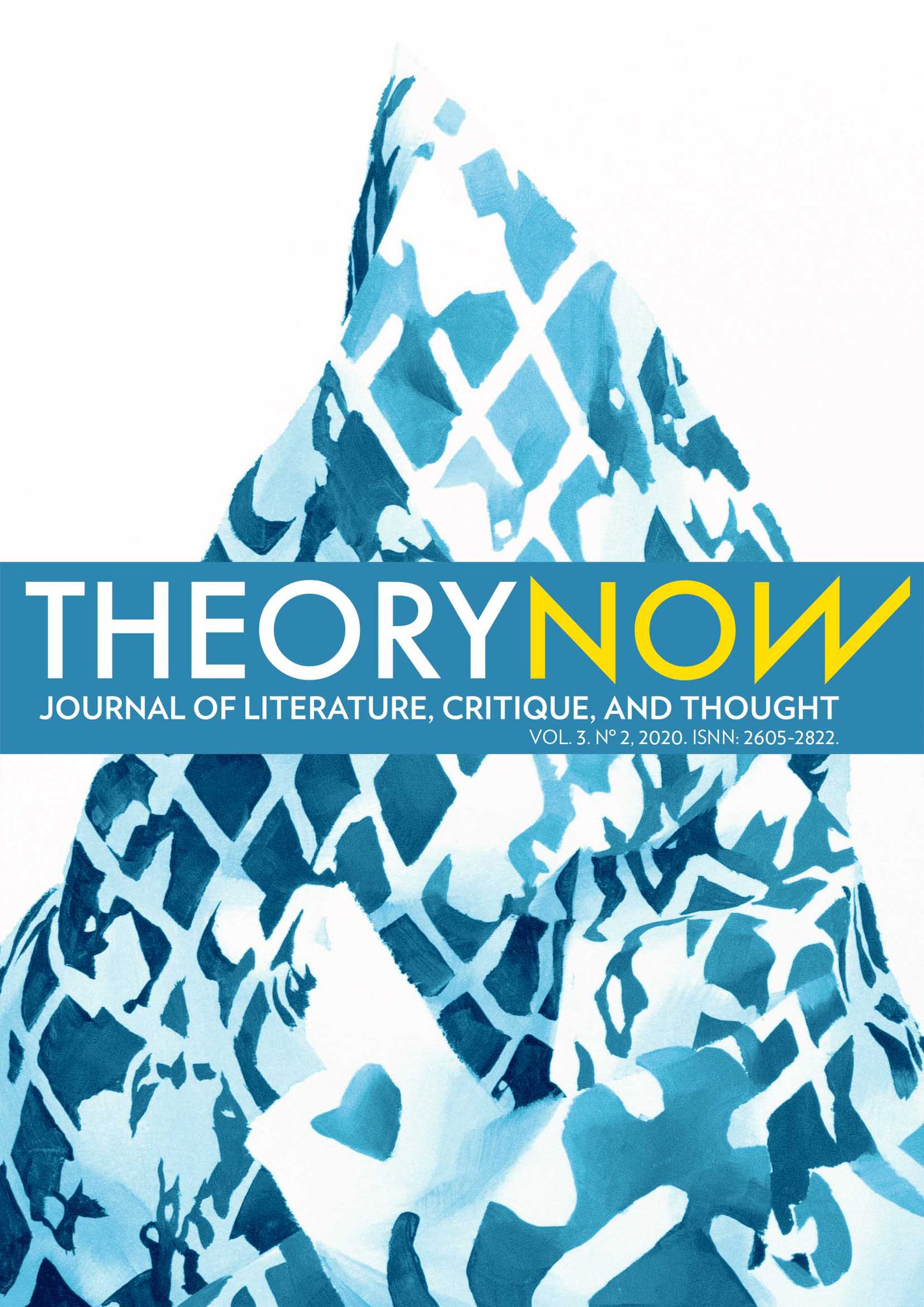Operative and Inoperative Communities in Jane Austen's Mansfield Park (1814)
DOI:
https://doi.org/10.30827/tn.v5i1.21429Abstract
The present article analyzes the bipolar perception of community in Jane Austen’s Mansfield Park (1814) drawing on the communitarian model theorized by the French thinkers Jean-Luc Nancy (1983), Maurice Blanchot (1983) and Jacques Derrida (2006). Although Austen was obviously unaware of the postmodern theoretical implications stemming from the communal dimension of her novels, I argue that the institution of Mansfield Park functions as a self-enclosed and inbreeding community which is grounded on operative traits—birth, origin, filiation and generation—and which, therefore, does not have a potential for otherness. And yet, there are some flirtatious intimations of inoperativeness in Mansfield Park that unwork the traditional model of community: the community of lovers that Henry and Maria form, which disrupts all the other operative communities in Mansfield Park; and the theatricals, which—through the characters’ anomalous speech acts—unleash the sexual tension that fluctuates between them.
Downloads
Downloads
Published
How to Cite
Issue
Section
License
Theory Now. Journal of Literature, Critique, and Thought is an immediate open-access publication which is available at no cost for readers and authors alike. Authors are not charged any kind of fee for the editorial processing of their articles. Reading, downloading, copying, distributing, printing, searching, linking or reusing all published articles for non-commercial uses is allowed on the condition of citing the author, the journal and the editing body. All intellectual material published in this journal is protected under a Creative Commons Attribution-NonCommercial 3.0 Spain license.
Dissemination of the articles in social (Facebook, Twitter, Linkedin, etc.) and scientific networks (ResearchGate, Academia.edu, etc.), public repositories at universities and other institutions, blogs, personal or institutional websites, Google Scholar, ORCID, ResearchID, ScopusID, etc. is strongly encouraged. In all cases, the intellectual property of the articles and any possible monetary profits derived from them belong exclusively to the authors.













